Besides close historical and cultural links, Central Asia also holds great strategic and economic value to the New Delhi government.
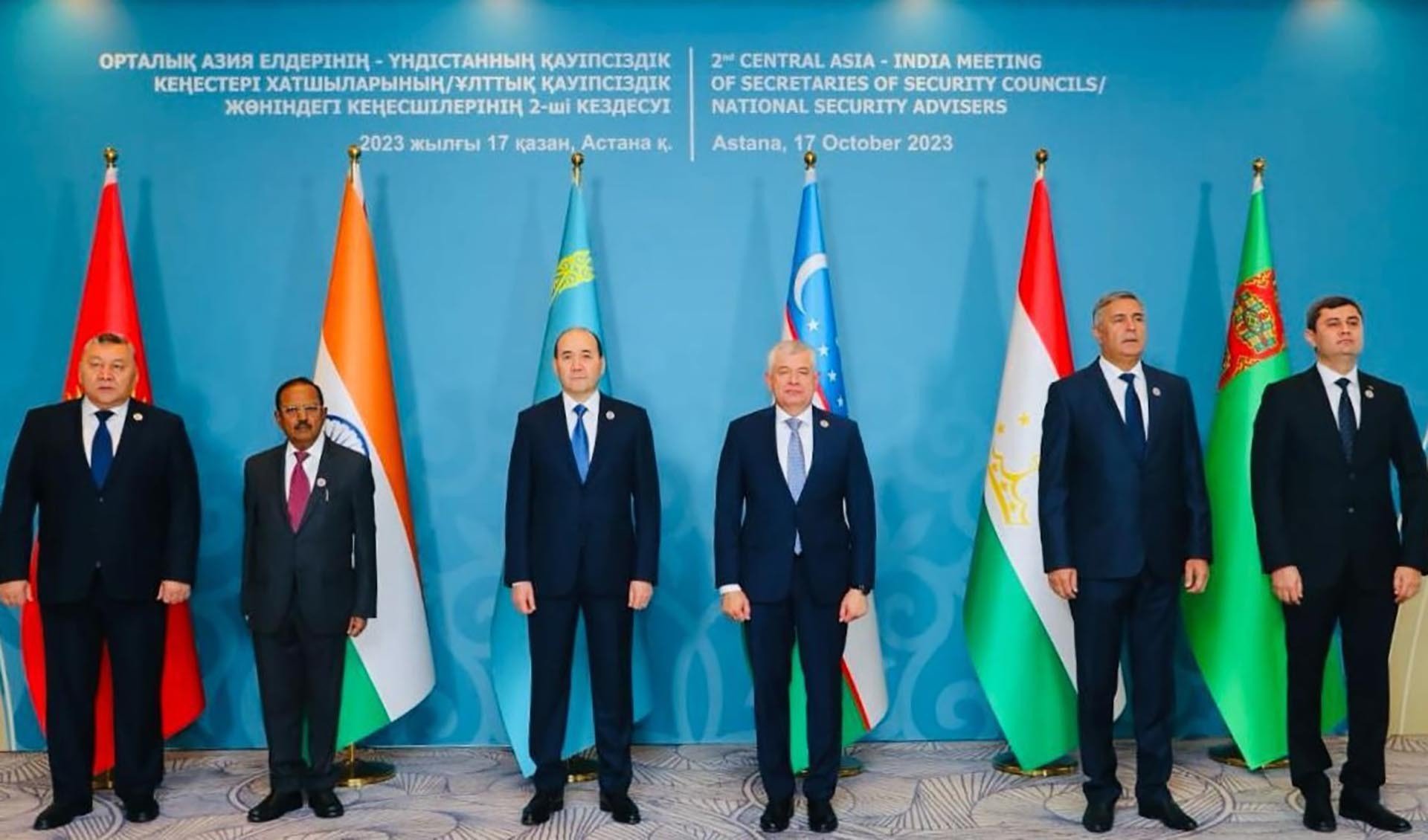 |
| Indian National Security Adviser Ajit Doval (second from left) with his Central Asian counterparts at a meeting on October 17 in Astana, Kazakhstan (Source: ANI) |
Former Indian Deputy National Security Advisor SD Pradhan shared the above comments in a recent article published in the Times of India newspaper.
Prime Minister Narendra Modi has declared Central Asia to be part of India’s “extended neighbourhood.” In 2015, he visited all five countries in the region. Soon after, New Delhi launched its “Connect Central Asia” policy, a broad approach that encompasses political, economic, security and cultural dimensions.
Communicate at three levels
India currently maintains multilateral engagement with the Central Asian region at three levels.
At the highest level, on January 27, 2022, the first India-Central Asia Summit was held between the Prime Minister of India and the Presidents of Kazakhstan, Kyrgyzstan, Tajikistan, Turkmenistan and Uzbekistan via video conference. The parties adopted a comprehensive joint statement, or the “Delhi Declaration”. This document articulated a vision for a long-term and comprehensive partnership between India and Central Asia.
Notably, the parties made three important decisions. On Afghanistan, the leaders reiterated their strong support for a peaceful, secure and stable Afghanistan with a representative and inclusive government. On connectivity, the parties agreed to use the services at Chabahar port to facilitate trade between the landlocked Central Asian countries and India.
The leaders agreed to institutionalize the high-level mechanism through a biennial Summit, hold regular meetings between the foreign, trade, cultural ministers and the National Security Advisor (NSA) to prepare for the high-level meetings and establish an India-Central Asia Secretariat in New Delhi.
At the foreign minister level, the India-Central Asia Dialogue began in 2019 and the latest meeting, the Third Dialogue, was held in New Delhi in December 2021, chaired by External Affairs Minister S. Jaishankar. The Dialogue decided to intensify efforts to maximize the trade potential between the two sides and make optimal use of the International North-South Transport Corridor (INSTC).
At the NSA level, meetings focused on security issues. The first meeting took place on November 10, 2021, after the Taliban returned to power in Afghanistan, chaired by Indian NSA Ajit Doval and attended by his counterparts from Central Asian countries, Russia and Iran.
India also discussed issues related to Central Asia at the Shanghai Cooperation Organization (SCO) and bilateral meetings. As the SCO Chair this year, India focused on the development of Central Asia by hosting the 23rd SCO Summit virtually on July 4. A month later, it and Kazakhstan discussed bilateral and regional issues at the Fourth Security Dialogue.
Close security cooperation
In this context, the second India-Central Asia NSA meeting on October 17 in Astana, Kazakhstan, focused on three main aspects.
The conference first discussed measures to enhance cooperation in cyber security, digital infrastructure, rare earths and people-to-people exchanges. NSA Ajit Doval proposed to hold an India-Central Asia Rare Earth Forum to attract investment from the private sector. New Delhi offered to provide free digital payment-related technology to facilitate the establishment of real-time digital payment systems that suit the needs of the countries.
Second, on connectivity, Mr. Ajit Doval asked Central Asia to use the Chabahar port in Iran and terminals operated by an Indian company for maritime trade. According to him, connectivity initiatives must be transparent, consultative and inclusive, respecting the sovereignty and territorial integrity of all countries. In addition, the parties must adhere to environmental standards and not create debt.
Finally, Mr. Ajit Doval stressed that terrorism is a serious threat to international peace and security and terrorism cannot be justified on any grounds. Therefore, New Delhi can provide capacity building programs to Central Asian countries in countering terrorism and drug trafficking.
In this context, the summit is another step towards improving India’s connectivity with Central Asia. New Delhi’s proposal to build digital payment and cybersecurity capabilities is timely, facilitating increased trade between India and Central Asian countries. Institutionalizing India’s regional linkages will go a long way in expanding its strategic footprint in the region.
However, according to Pradhan, India needs to pay attention to two worrying aspects. First, the threat from terrorism has increased as extremist forces in the region receive support from various Taliban factions. Besides, the increase in military activities by some neighboring countries on the border is creating obstacles in India's links with Central Asia. Meanwhile, the support of Iran and Russia is "invaluable" for India as both are concerned about the developments in Afghanistan.
While taking these factors into account, India also needs to pursue a more robust and proactive “Connect Central Asia” policy, by implementing High Impact Community Development Projects (HICDPs) for socio-economic development in Central Asia, contributing to the benefit of regional partners in general and India in particular.
Source



![[Photo] Feast your eyes on images of parades and marching groups seen from above](https://vphoto.vietnam.vn/thumb/1200x675/vietnam/resource/IMAGE/2025/4/30/3525302266124e69819126aa93c41092)



![[Photo] Fireworks light up the sky of Ho Chi Minh City 50 years after Liberation Day](https://vphoto.vietnam.vn/thumb/1200x675/vietnam/resource/IMAGE/2025/4/30/8efd6e5cb4e147b4897305b65eb00c6f)




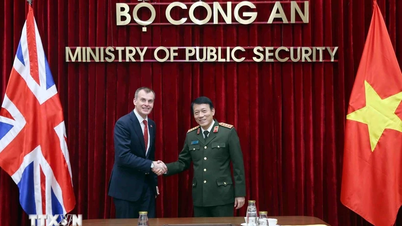


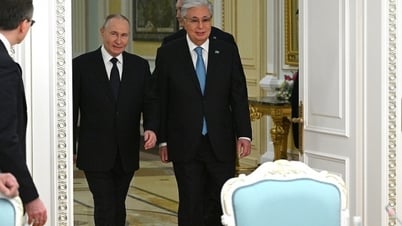
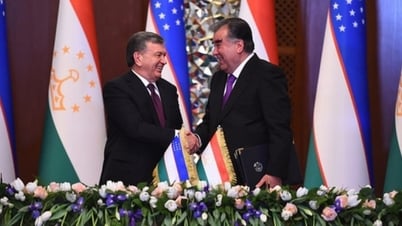
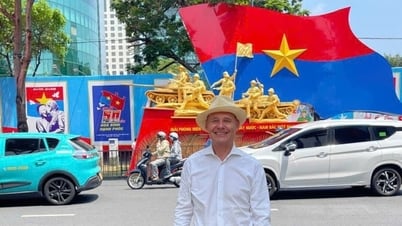


![[Photo] Parade to celebrate 50 years of national reunification](https://vphoto.vietnam.vn/thumb/402x226/vietnam/resource/IMAGE/2025/4/30/22c66d6a6a5a4e20a11743552e1c5a3a)
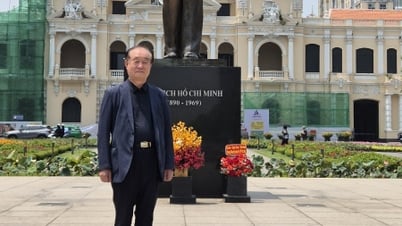





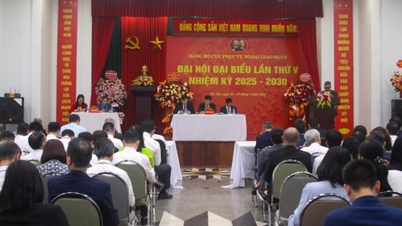
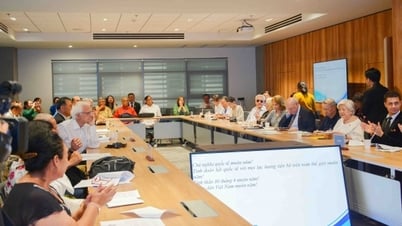


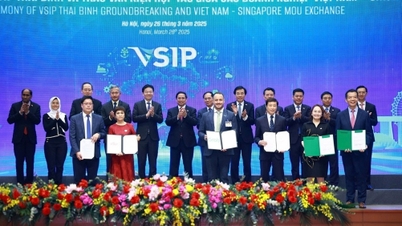






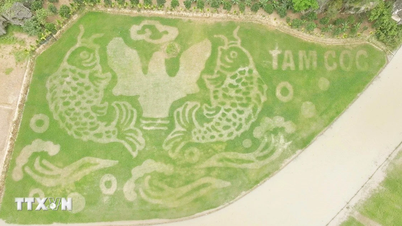






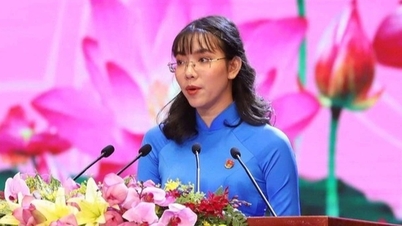






















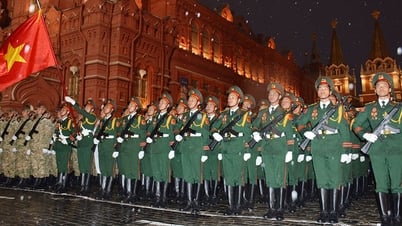












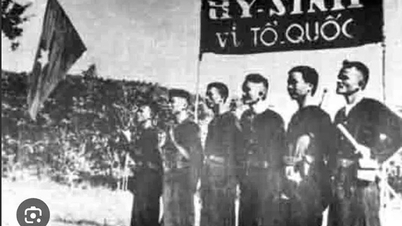

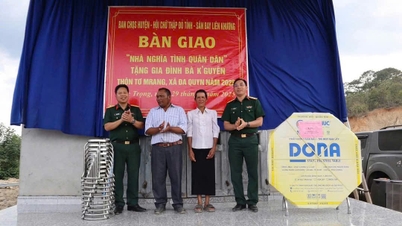

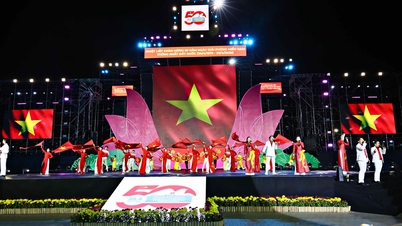



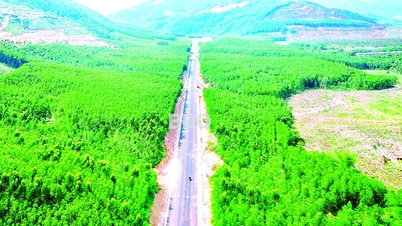










Comment (0)